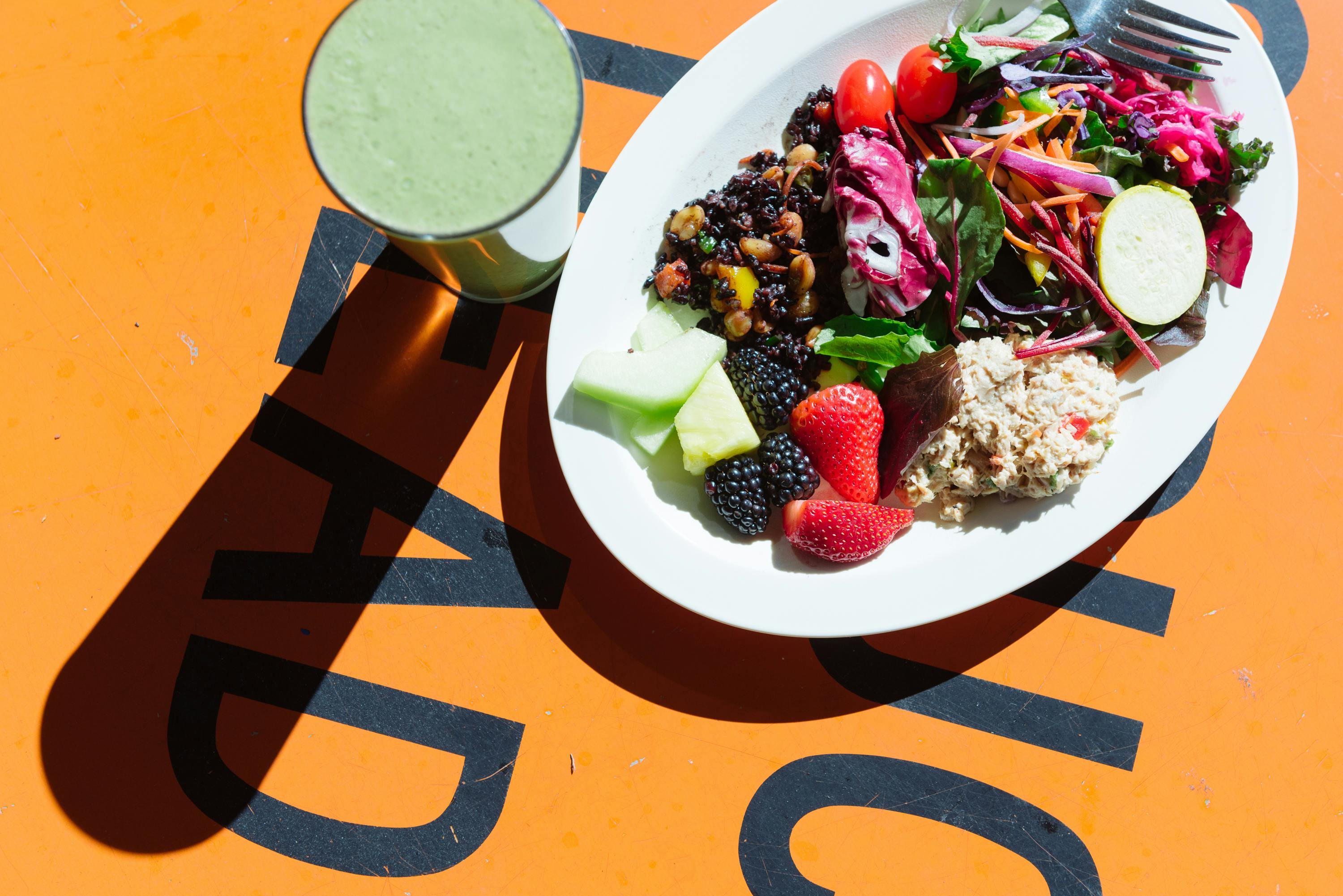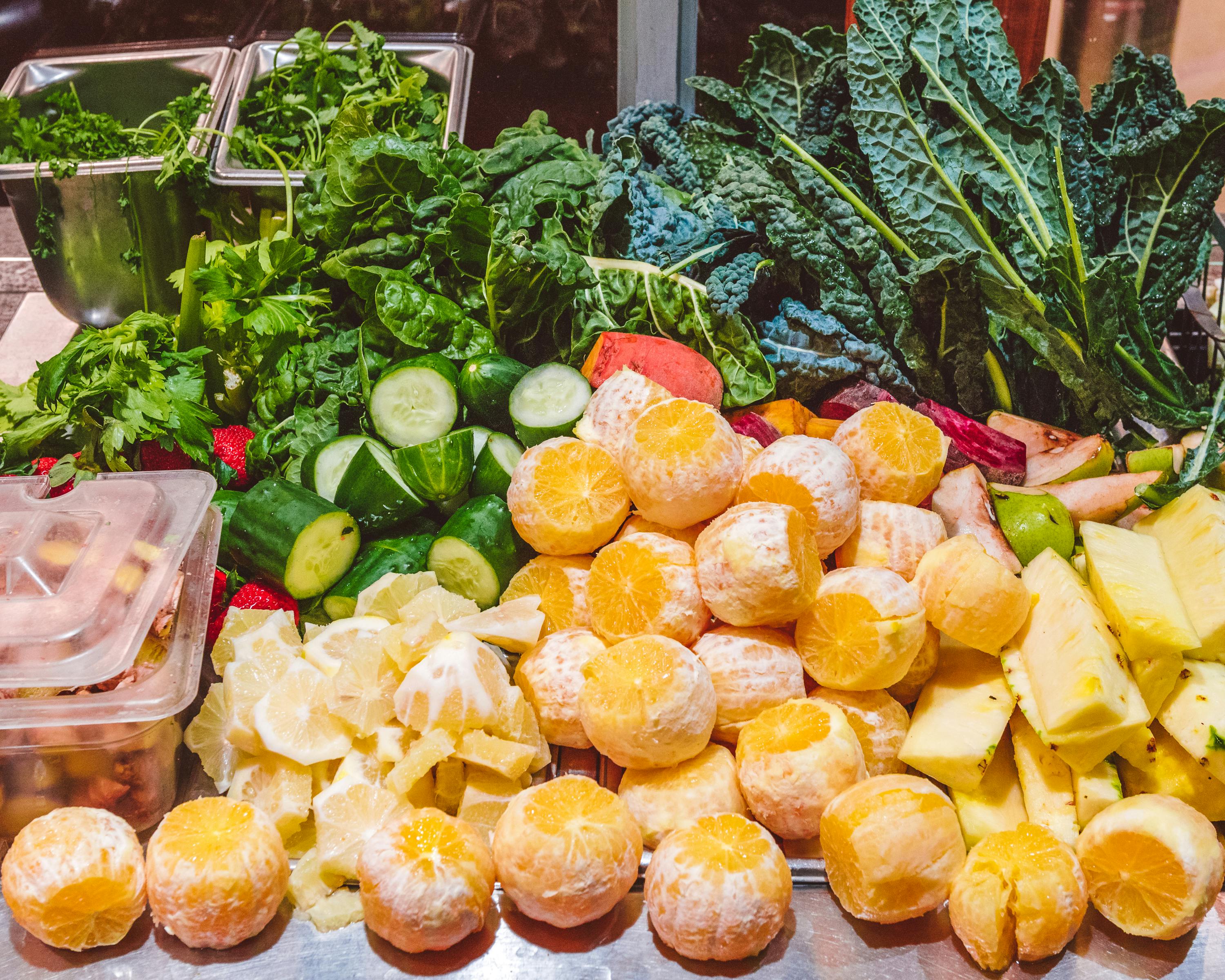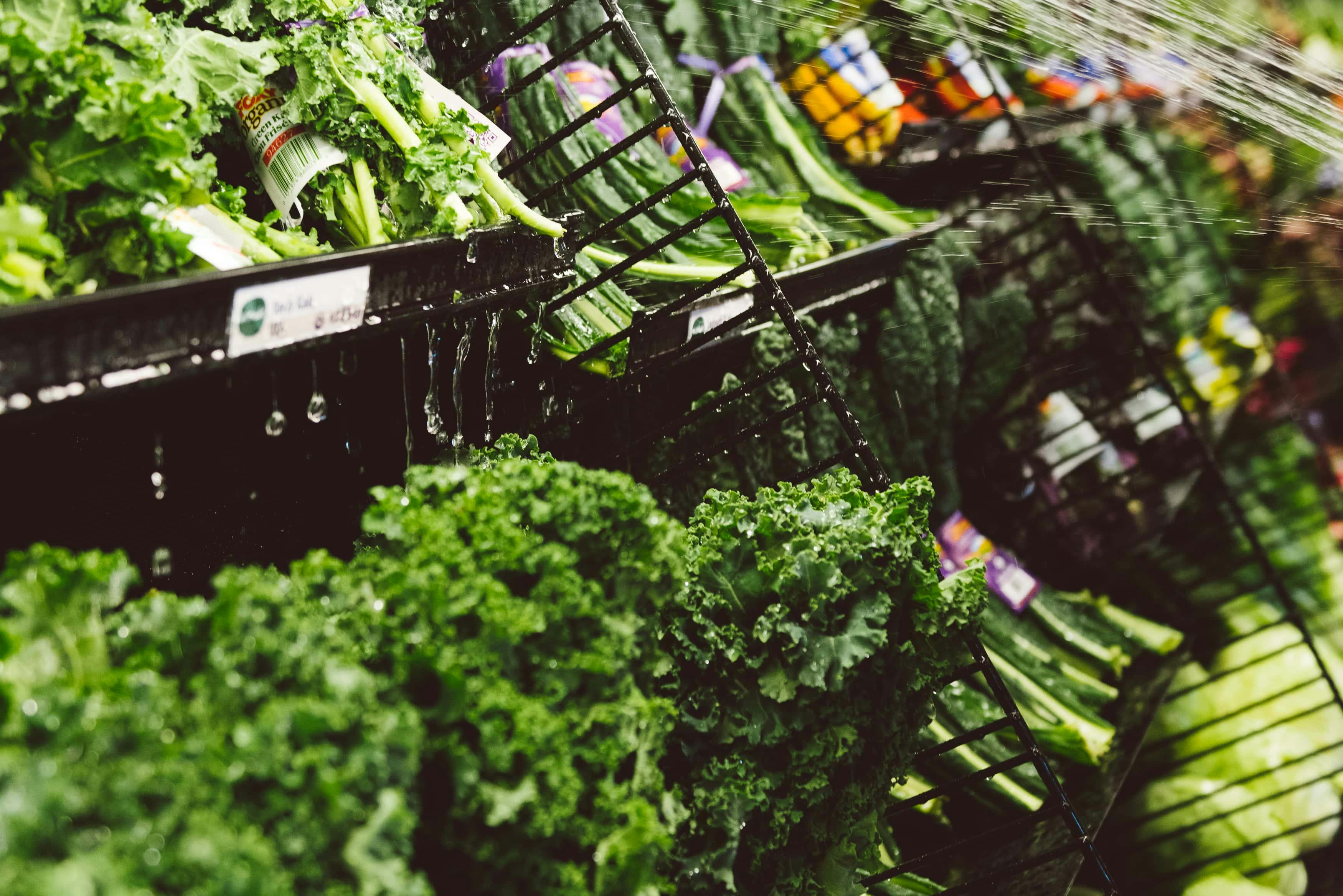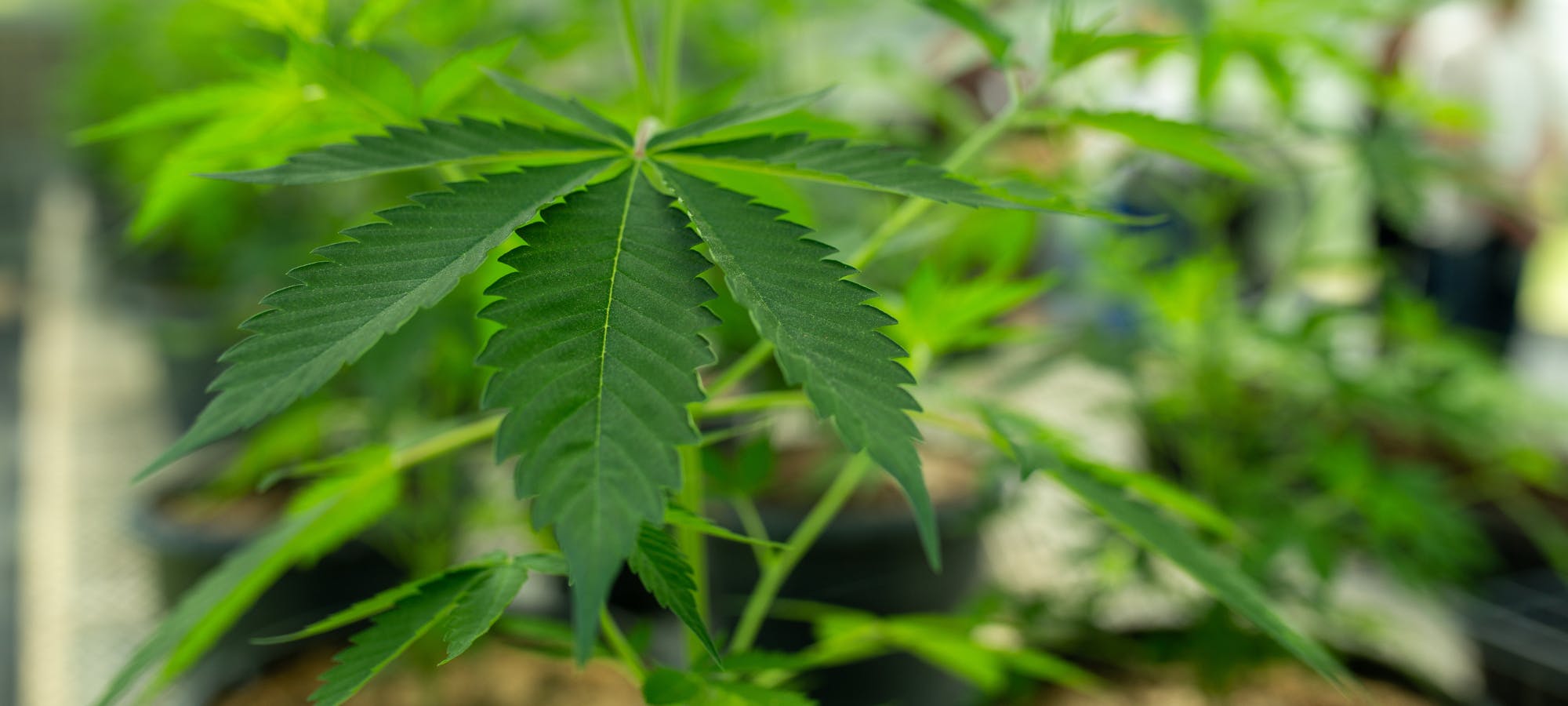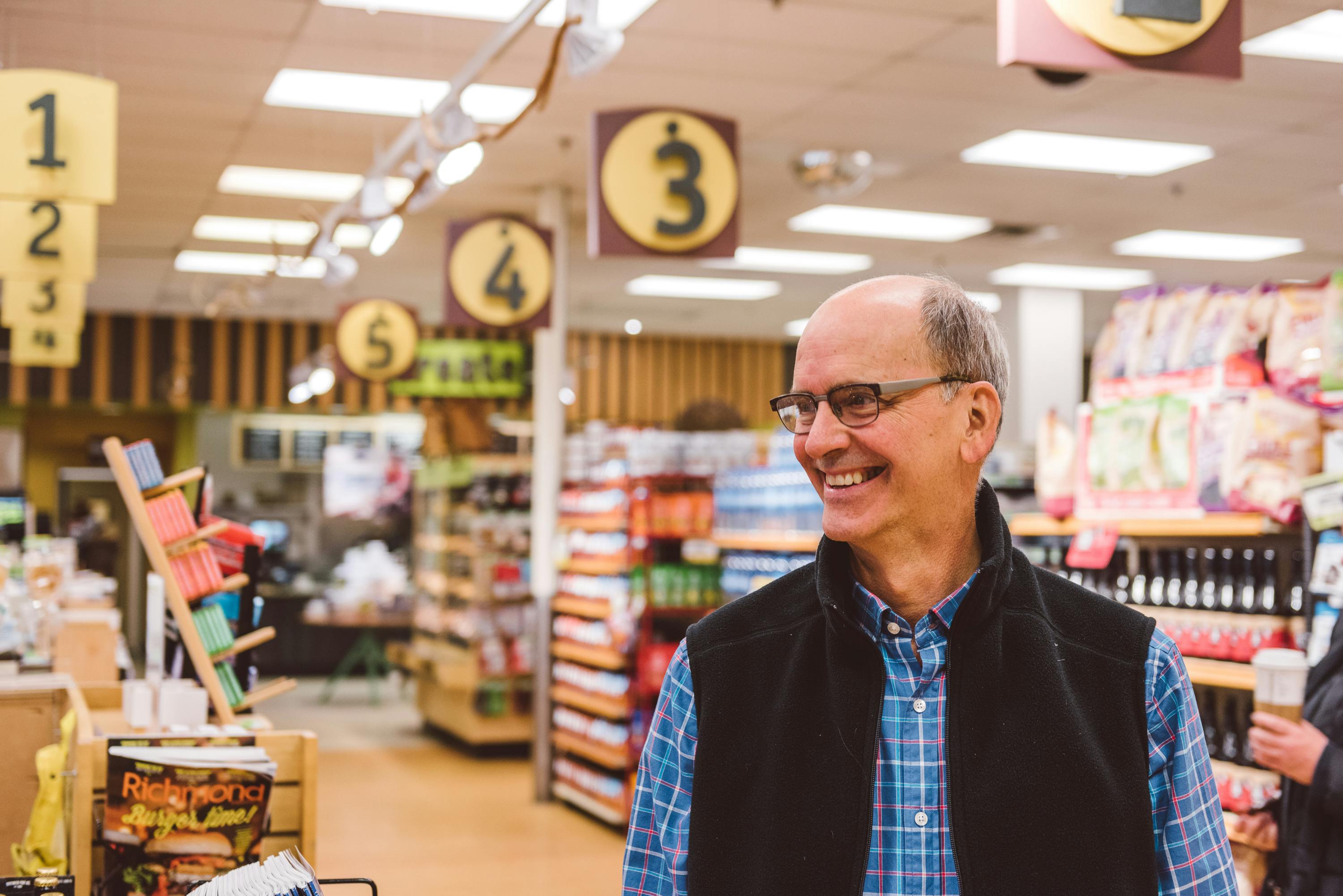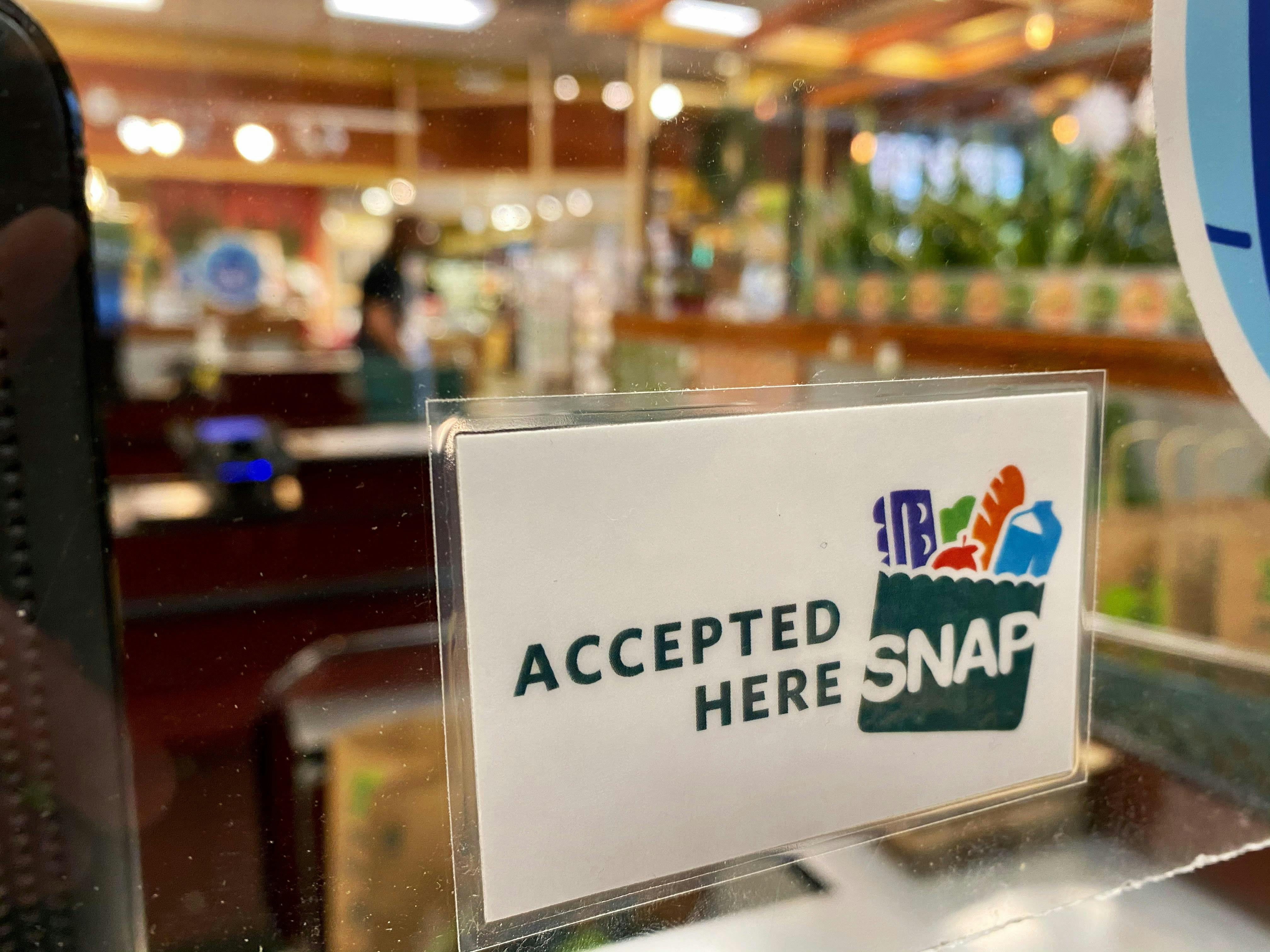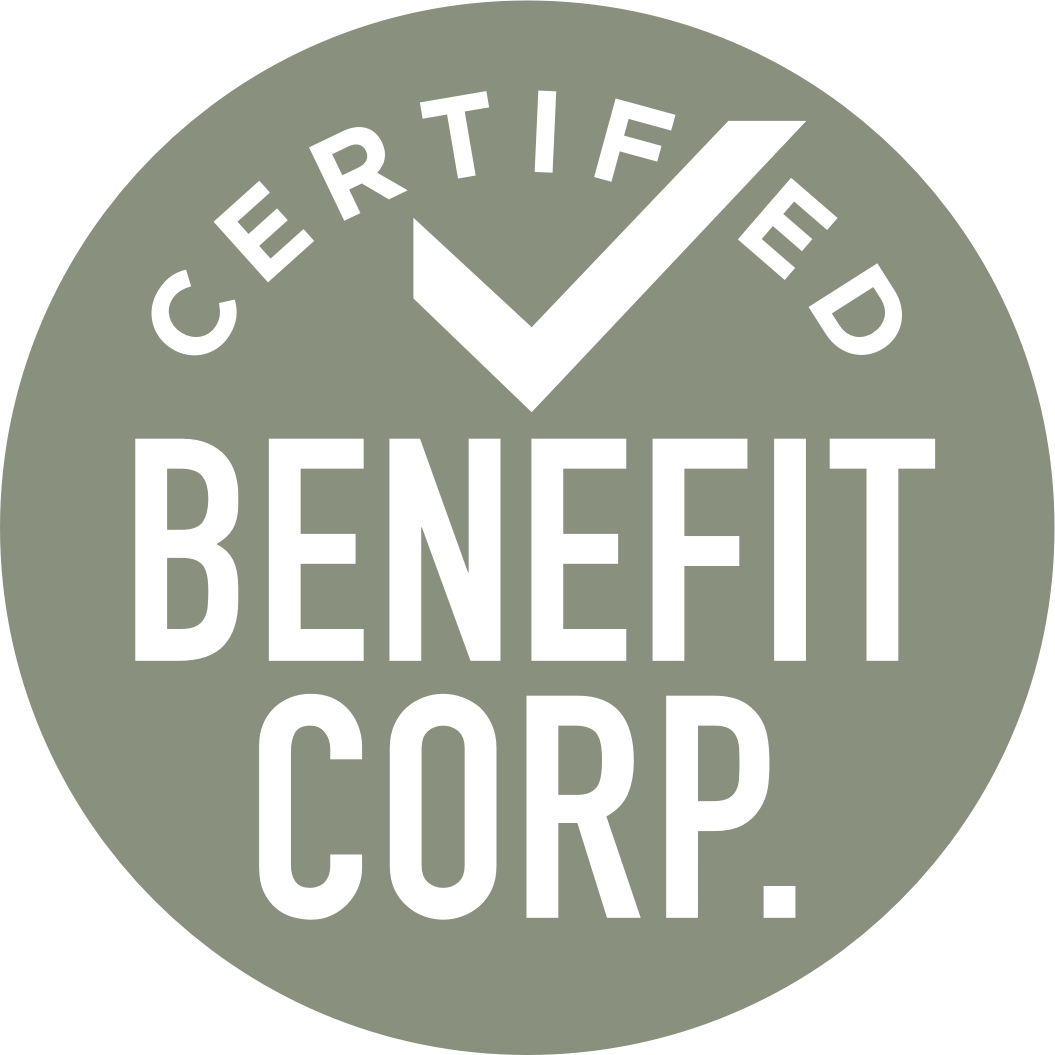Willingness to Have it All
By Parke Sterling, LPC
"Courage is the most important of all the virtues, because without courage you can't practice any other virtue consistently."
- Maya Angelou
The musician Ralph Stanley had a singing voice that was truly unique in every sense of what that word means before we started over-using it. An article in the New Yorker described it as a “force of nature” and “otherworldy.” In his biography, Stanley tells a story of how he knew as a boy that it was special and being a religious man, he saw it as a “gift from God.” He wanted to share that gift by singing in church. But every time he even thought about singing in front of others, his palms started to sweat and his mind started to race. We could have diagnosed good ole Ralph with performance anxiety.
When he finally built up his nerve to volunteer to sing on Sunday, he said that his knees were literally knocking together as he walked in front of the tiny congregation in his little mountain community in rural Virginia. His heart pumped excessive blood throughout his body and his lungs expanded and contracted quickly so that Ralph would be equipped to fight or flee from this imminent danger.
However, like all human equipment, Ralph’s body and mind were confused as there was no danger. There was just Ralph about to do what he loved to do, sing. Finally, the time came and as he opened his mouth, the words started to come out. Shaky at first, but then it leveled off and his talent took over. At that moment, Ralph said that he learned the first big lesson of his music career. You can be absolutely terrified AND still step toward that which is meaningful.
Willingness is what Ralph displayed in the moment. He was willing to feel the emotional pain of the moment while doing something that brought him a sense of purpose. If he would have waited to feel calm, confident and anxiety-free in order to perform, he would have died waiting. Instead, he acted his way into feeling. He began to sing and the panic subsided as the body and mind caught up with the moment and realized that it did not need all that extra adrenaline and cortisol. As they say, “You cannot panic forever.” Eventually the alarms of the body and mind subside and you find yourself “doing the damn thing,” as the kids say.
Jerzy Gregorek coined the phrase “Hard choices, easy life. Easy choices, hard life.” When I look at the lives of my clients (and my own), there are usually two areas that can shine a light on suffering. The first is “what stories is the mind creating that are being blindly believed?” The second is “what are they avoiding and what is it costing them?” It’s usually a case of choosing short-term comfort over long-term contentment. We make the easy choices that lead to a harder life as opposed to being willing to feel the discomfort in the short-term for the long-term gain.
For example, a craving arises which is a form of emotional pain. As opposed to being willing to “ride it out,” we may give in to the craving, perhaps for nicotine, and quickly light up. If we are trying to quit because it makes us stink and not be able to walk up a flight of stairs, then we have sacrificed our values because we were unwilling to feel emotional pain. We have made a choice at that moment.
Or say that we are being taken advantage of routinely at work. We want to be assertive and address it, but of course that is often uncomfortable. Instead, we choose “to keep the peace” or “not rock the boat,” which often just means that we choose avoidance and passivity, thus letting ourselves continue to be taken advantage of in one of the most important domains of our lives.
Willingness isn’t easy, but it’s a skill that we can hone. As Steven Hayes, the founder of ACT, often says, the goal of willingness is not to feel better; _the goal of willingness is to learn how to _feel better so that we can live better.
Here are a few ideas that can help us examine avoidance in our lives and strengthen our willingness muscle.
Take an inventory
- Ask yourself, “What am I avoiding and what is it costing me?” If it’s something inconsequential, like avoiding gory movies because they make you squeamish, then no big deal. However, if it is costing you in the area of purpose, then start to get a little pissed off about it and build some intrinsic motivation to be willing to feel _____ because _______.
Understand your “Response-ability”
- Usually the culprit of avoidance is the illusion that you are supposed to be able to control your emotional weather. Once we understand that the body and mind will mostly do whatever it will do regardless of our own preferences, then we can decide how we are going to respond to it. Are we going to recoil every time it gets a little quaky, scratch the itch every time it craves or go to sleep every time it gets sad? Or are we going to be willing to feel all of this shit and step toward what we want. Of course, sometimes we can’t muster the strength and that’s ok, but the times that we can present an opportunity to regain control over this ride called life.
Seek out discomfort
- Take a page out of the Stoics book. Intentionally seek out discomfort and sit with it for a while. This is how you get stronger and better at this skill. Life will present plenty of opportunities for sure, but build in a few of your own. Take an ice-cold shower, fast for 16 to 24 hours if you don’t have a history of disordered eating, do a high-intensity workout, wear something ridiculous in public or show up to your next Zoom call with a stain on your shirt. Every time you do one of these little challenges, you move a little closer to freedom and willingness.
“And acceptance is the answer to all of my problems today…”
- This phrase is a mainstay in the recovery community for a reason. Acceptance is a different side of the same coin of willingness. Acceptance is often the only sane choice we have in many situations. If my body and mind have been conditioned to want to shoplift every time I walk into a store or crave cocaine when I get stressed or avoid any confrontation when voices get raised, then that is what most likely will happen whenever I encounter those triggers. If I attempt to resist that emotional pain, it will most likely ++persist++. If I try to avoid that emotional pain, I will sacrifice the long-term. Thus, the only sane option is acceptance and that acceptance is not a resignation; it’s just a mindful allowance of something that is already here.
Recognize that you are always making a choice
- Each opportunity that emotional discomfort arises, you are at a choice point. You can either scratch the itch and thus increase its strength in the future OR you can choose to willingly have the discomfort and step towards what matters (or away from what doesn’t in the case of addiction). When we willingly choose to have anxiety or cravings and show up to life, the icing on the cake is that usually the anxiety or craving starts to weaken. That can never be our intention because again that is outside of our control, but it’s a nice added bonus if the universe decides to grant it to us.
It’s easy to complicate willingness or acceptance because we can try to use them as another subtle way to control everything. But it’s an attitude; it’s not a feeling. It’s not that you love the thoughts and feelings that you have, but you just stop expecting that they will or should go away and never come back. It also helps you to realize that maybe you don’t have to get rid of your painful thoughts and feelings to live a life worth living.
Can life start now? Without needing to delete or change anything? Can the focus be shifted to accept challenging thoughts and feelings while committing to what is meaningful and will actually bring contentment instead of just momentary relief?
For the video that accompanies this blog, please click here.
If you are sick of making the easy choices that lead to a hard life, then reach out to talk about how therapy can help.
You can reach me at parke@richmondanxiety.com
Or feel free to text or call 804-210-7891. To learn more, visit www.RichmondAnxiety.com
